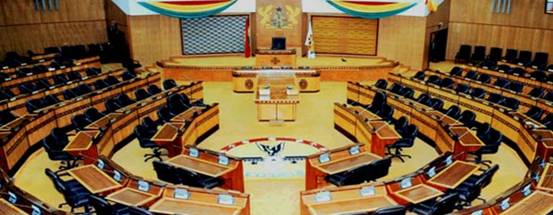
A first version of a Toolkit designed to help elected government officials monitor their own performance in tackling corruption was launched recently in Accra, Ghana. See the Toolkit for yourself and give feedback during its inception in the comments section below.
The new anti-corruption toolkit poses specific questions about the role played by elected government officials in preventing corruption, notably through exercising financial oversight, or through implementing internal accountability mechanisms and codes of conduct.
The idea for such a Toolkit came from members of the Global Organisation of Parliamentarians Against Corruption (GOPAC), who believed the role of MPs in preventing corruption was underappreciated, and that parliamentary involvement in the formal (Executive-led) United Nations Convention Against Corruption (UNCAC) review mechanism needed to be strengthened.
The Toolkit builds on the 2005 ‘Controlling Corruption: A Parliamentarian’s Handbook’ produced by the GOPAC. See also a 2005 paper by Meaghan Campbell and Frederick C Stapenhurst ‘Using Networks for Capacity Enhancement: Lessons from Anti-Corruption Parliamentary Networks’.
The Toolkit may also be used to pin-point gaps where parliamentary strengthening may be needed, and to help identify areas where new coalitions of parliamentarians, government officials, CSOs and international agencies can lead to positive actions in the prevention of corruption.
Developed by the UN Development Programme and GOPAC, in close coordination with United Nations Office on Drugs and Crime (Secretariat to the UNCAC), the Toolkit comes in two versions, the ‘Summary Toolkit’ and the ‘Main Toolkit’, both available in English and French.
Meanwhile, some suggested ‘assessment criteria’ are being formulated for each question, to allow for the assessment to be based on evidence to the extent possible. It is also hoped that such objective assessment criteria will ease the process of tracking progress over time in a given country, by using the same criteria when repeating the assessment periodically.
You can also visit the site of the Anti-Corruption Resource Centre www.u4.no. There you will find the related article, ‘Responding to challenges of Supreme Audit Institutions: Can legislatures and civil society help?’ by Albert van Zyl, Vivek Ramkumar and Paolo de Renzio.
Feedback on this draft version of the Toolkit, through the comments box below, would be highly appreciated.
Log in with your EU Login account to post or comment on the platform.